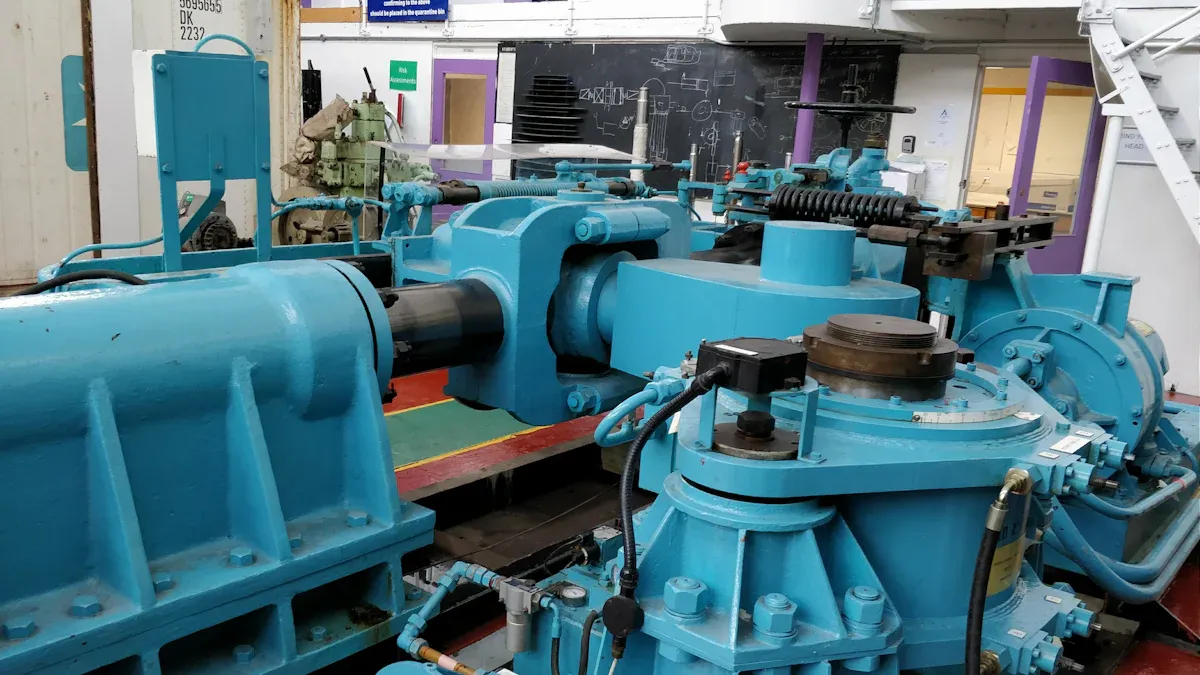Quartz, a popular material used in various industries, possesses exceptional properties that make it highly sought after. However, ensuring the quality of quartz is crucial to guarantee its performance and durability. In this blog post, we will delve into the intricacies of checking quartz quality, providing you with valuable insights and practical tips to make informed decisions.
- Understanding Quartz Composition:
To assess quartz quality, it is essential to comprehend its composition. Quartz is primarily composed of silicon dioxide (SiO2) crystals, which determine its strength and durability. High-quality quartz should have a high percentage of pure silicon dioxide, typically above 90%. - Evaluating Quartz Appearance:
Visual inspection plays a vital role in assessing quartz quality. Here are key factors to consider:
a. Color Consistency: Premium quartz should exhibit consistent color throughout the slab, indicating uniform distribution of pigments. Any noticeable variations may indicate lower quality.
b. Clarity and Uniformity: High-quality quartz should have minimal to no visible impurities, such as spots, lines, or discoloration. A uniform appearance across the entire surface is indicative of superior quality.
c. Surface Finish: Check for smoothness and uniformity of the quartz surface. A polished finish should be free from scratches, pitting, or unevenness.
- Testing Quartz Hardness:
Quartz's hardness is a crucial factor in determining its quality and resistance to scratches. The Mohs scale is commonly used to measure mineral hardness. High-quality quartz typically ranks at a 7 on the Mohs scale, indicating excellent scratch resistance. - Assessing Quartz Density:
Density is an important indicator of quartz quality. Higher density signifies a more compact and durable material. To assess density, measure the weight of a known volume of quartz. Quality quartz should have a density of around 2.65 grams per cubic centimeter (g/cm³). - Analyzing Quartz Heat Resistance:
Quartz's ability to withstand high temperatures without damage is crucial, especially in applications such as kitchen countertops. Quality quartz should have a high heat resistance, typically able to withstand temperatures up to 300 degrees Celsius (572 degrees Fahrenheit) without discoloration or deformation. - Verifying Quartz Certifications:
Reputable quartz manufacturers often provide certifications that guarantee the quality and performance of their products. Look for certifications such as ISO 9001, NSF/ANSI 51, or Greenguard to ensure that the quartz meets industry standards.
Conclusion:
Evaluating quartz quality requires a comprehensive approach, considering factors such as composition, appearance, hardness, density, heat resistance, and certifications. By following these guidelines, you can confidently select high-quality quartz for your specific needs, whether it be for countertops, flooring, or other applications. Remember, investing in superior quartz will ensure long-lasting beauty and functionality in your projects.







+ There are no comments
Add yours